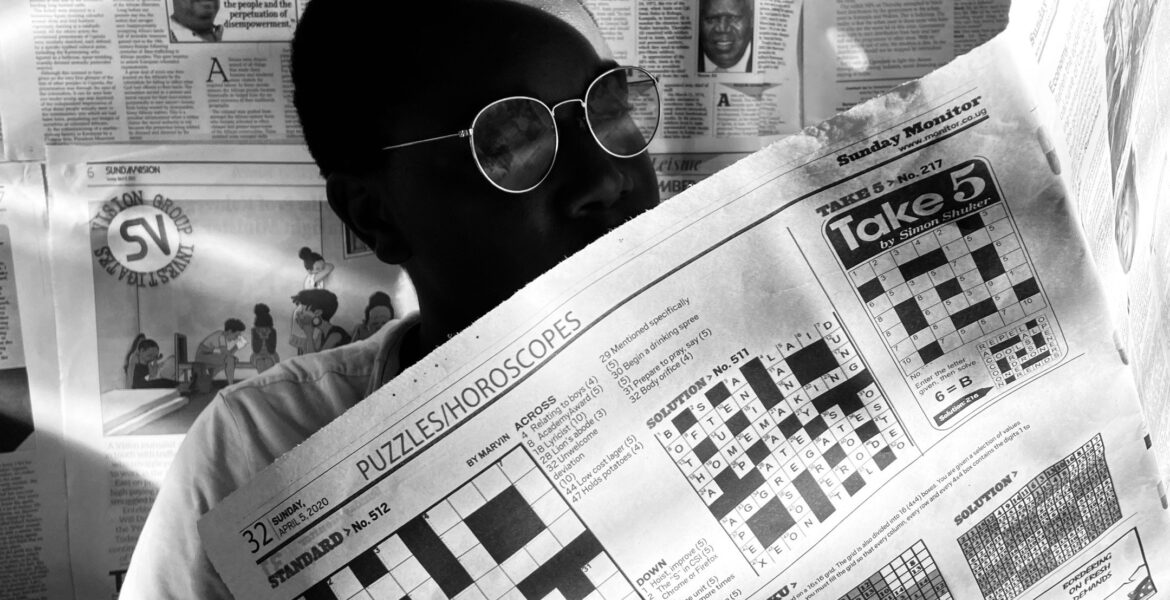As the world comes to terms with living under the new normal of the novel Coronavirus (Covid-19) conditions, the Southern Africa Editor’s Forum (SAEF) today celebrates the World Press
Freedom Day (WPFD) and the 30th anniversary of the Windhoek Declaration with every journalist, reporter, editor, and content creator in the region.
In 1991 from 29th April – 3rd May, a group of African editors met in Windhoek, Namibia at a UNESCO seminar focused on “Promoting an Independent and Pluralistic African Press, leading tothe well-known proclamation of the Windhoek Declaration.
Whereas in 1991, the seminar was a physical gathering with some journalists who were jailed at the time such as Pius Njawe of Cameroun being flown in to attend and co-chair the seminar, this year’s ceremony was a hybrid celebration in line with the COVID-19 restrictions. SAEF remains proud of the region as it continues to be a shining example to the continent with Namibia consistently finding itself at the number one (1) spot in Africa on the world press freedom rankings by Reporters without Borders, while South Africa and Botswana are also among the top 10 in Africa.
SAEF, however, has noticed that some member forums continue to suffer under repressive governments with journalists harassed and arrested for highlighting corruption around the procurement of COVID-19 supplies.
Countries like Mozambique, Zambia, Zimbabwe and Eswatini are a major concern to the forum as they seem to slide further down in the rankings, demonstrating that press freedom is not flourishing there.
SAEF is ready in this regard to engage with its members and state actors to help find the right solutions and regulatory mechanism that will make ethical journalism flourish in those country.
This year’s theme for the WPFD celebrations which just ended in Windhoek this afternoon with another ground-breaking document, the Windhoek +30 Declaration was “Information as a public good”.
SAEF believes that for this Declaration to remain relevant or true to every resident in southern Africa more needs to be done in terms of the flow of information from government agencies to the media and the public to media.
SAEF is happy to announce that the decisions reached during its consultative process earmarked by the hosting of three webinars on 12, 13 and 16 April 2021 in collaboration with UNESCO, in which about 200 journalists, bloggers, editors, and information policy makers across southern Africa participated, were incorporate in the Windhoek +30 Declaration.
These decisions were similar to those reached elsewhere on the globe. They called for theunconditional support of credible, trustworthy, and independent media founded on verifiable, transparent, and public interest ethos as these would withstand the test of viability in these challenging times.
They also emphasised the need for media content that incorporates principles of participation, engagement, and media literacy as important for media viability while the infrastructural deficits and the digital divide that affects the majority of rural African populations, were also noted as areas that need to be sorted out urgently for long term media viability.
As a forum, we remain confident that Africa and specifically southern Africa will soon be in the top 10 on the World press Freedom Index. We salute every journalist or media practitioner who put their life on the line to ensure that the news reaches the citizens of the of their country and the world. We thank you for your commitment to press freedom.
For more information please contact:
Willie Mponda: Chairperson
@ wmponda@gmail.com
Joseph Ailonga: Secretary General
@ Joseph@alvigordon.com

